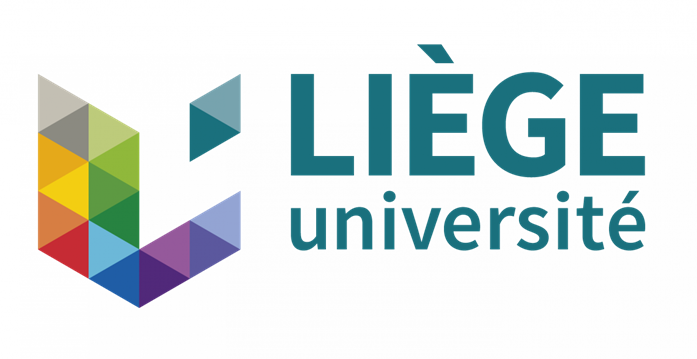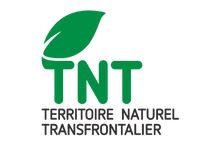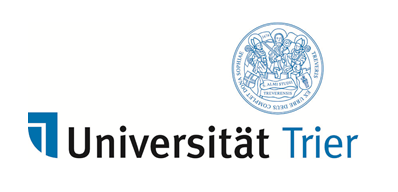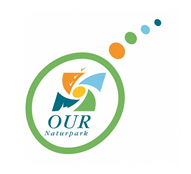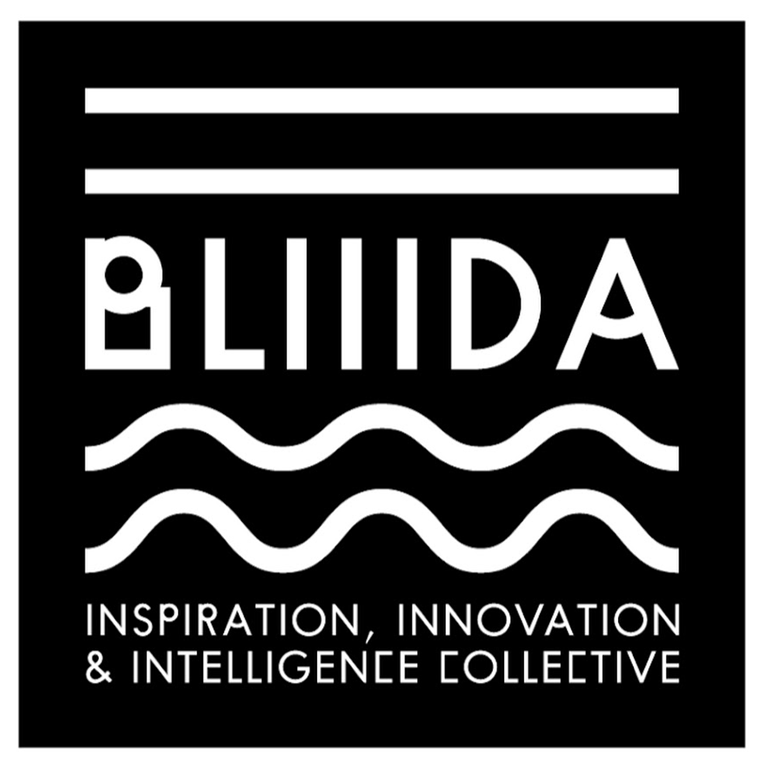Light pollution is a well-known problem due to its negative effects on human health and natural ecosystems. At the University of Trier, the Contact Point for Knowledge and Technology transfer and the Department of Physical Geography are trying to develop strategies as part of the Interreg project Smart Light – HUB, e.g. to contribute to the spread of the benefits of intelligent lighting systems or to support the further development of prototypes through to market launch.
The main goals are to reach the broadest possible public and to increase acceptance here and, with the help of an innovation transfer, to establish a strong connection between research institutions and producers.
After an initial scientific international literature review of more than 8,000 publications, the most important research groups consider the following aspects in order to coordinate them with the interest groups and the population:
- The light intensity ;
- The composition of the spectrum ;
- The time and duration of the lighting in order to optimize the lighting time with the available technologies ;
- The lighting periods and the control cone ;
- The height and distance between the light sources to optimize the space between the light sources to reduce the light flux and unnecessary energy consumption ;
- The on-site environmental impact assessments ;
-
The analysis of actual needs and less standardized approaches, examining the evolution of usage and habits of light consumption.
Accordingly, we have aligned our main strategies to deal with these key questions as part of the SMART LIGHT-HUB (INTERREG) project, which has planned to provide intelligent lighting systems over the next three years (2019-2021), and the highest possible level of participation in the public and in politics and to reach companies that are active in the relevant subject areas.

To this end, as part of a cross-border network in the Greater Region, we are building an R&D network in the Trier region. This serves to develop new collective solutions for needs that have so far not been taken into account in the private and public sector with regard to lighting. We noticed that there are regional differences in defining the main issues to be resolved. In the Trier area, these are more in the area of private areas, in Luxembourg and Belgium more in the area of road traffic and the lighting of public areas. We are planning exchange workshops that will serve to implement the project and affect the interested parties on site (authorities, municipalities, public-private sector, private companies, etc.) and external participants who represent the end users. We also want to work on human perception and capture the opinions of children, teachers and researchers. All of this will be a fantastic opportunity to face an environmental problem with increasing expansion around the world.
The Smart Light HUB Project managers from the University of Trier :
- Dr Jesús Rodrigo-Comino
- Stephan Seeling
- Dr Christel Egner-Duppich
- Teresa Benzing
- Ashwini Trivedi
- Dr Manuel Seeger
- Prof. Dr. Johannes B. Ries

